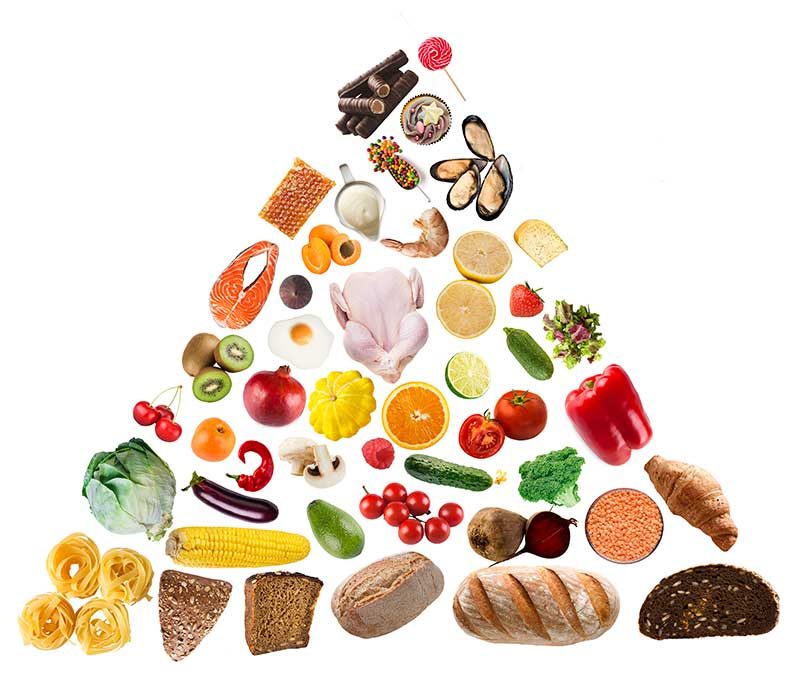Proper nutrition in the early years of life is about more than just eating; it also fuels growth and development. From infancy to early childhood, a child’s nutritional choices can establish the groundwork for a lifetime of health. This blog dives into newborns’ and young children’s nutritional needs, with the goal of providing parents and caregivers with the information they need to make informed feeding decisions.
The first year is a crucial time for nutrition, including breastfeeding and formula feeding
For infants, the first year is critical. Breast milk is the gold standard of newborn nutrition, containing an ideal combination of nutrients, immunological protection, and hormones that encourage growth and development. The World Health Organization recommends exclusive breastfeeding for the first six months, followed by continuing breastfeeding with the addition of appropriate complementary foods until two years or older.
Infant formulae are a scientifically manufactured replacement to breast milk that mimics its nutritional content. Choosing the proper formula is critical since different formulas address a variety of issues, including allergies and sensitivities.
Introducing solid foods
Infants are usually ready to start eating solid meals at six months old. This transition is critical because it exposes them to new textures and tastes while also supplementing their diet with nutrients like iron and zinc that are not found in breast milk or formula. Iron-fortified cereals, pureed vegetables and fruits, and finely minced meats are excellent beginning points.
Toddlerhood: Expanding the Palette
As toddlers enter toddlerhood, their diet should contain a broader range of foods. This era is about expanding on the nutritional basis established in the first year and introducing more variety foods, such as:
- Fruits and vegetables: These foods are high in vitamins, minerals, and fiber and should be included in all meals.
- Protein is essential for growth and development; sources include meats, poultry, fish, eggs, and lentils.
- Whole Grains: Replace refined grains with whole grains such as oatmeal, whole wheat bread, and brown rice to increase fiber and nutritional intake.
- Dairy products such as milk, cheese, and yogurt provide plenty of calcium, which is necessary for bone formation.
Addressing Nutritional Challenges.
Picky Eating:
Picky eating is a frequent issue during toddlerhood, prompting anxiety for parents concerned about nutrient intake. It is critical to introduce new foods gradually and in a non-pressured manner, making mealtime joyful rather than stressful. Consistency and patience are essential for helping youngsters accept a wide variety of foods.
Supplements and Vitamins
While most nutritional needs may be addressed by eating, some situations may necessitate supplementation, such as vitamin D for exclusively breastfed newborns or iron supplements in cases of anemia. Before starting any supplements, always consult with your pediatrician.
Promoting Lifelong Healthy Eating Habits
Early adoption of healthy eating habits can have a significant impact on a child’s future health. Encourage family meals in which youngsters can observe their parents or siblings consuming a range of healthful foods. Limit sugar and salt intake in early children’s diets to avoid a liking for extremely sweet or salty meals.
Nutrition in early infancy is more than just eating; it is about laying the groundwork for healthy development and long-term well-being. Understanding the nutritional needs of newborns and early children enables caregivers to make informed decisions that promote healthy development. Remember that each child is unique, and their nutritional requirements can change, so being adaptable and speaking with healthcare specialists about concerns or queries is critical. Fostering a healthy relationship with food from an early age paves the groundwork for healthier future generations.
